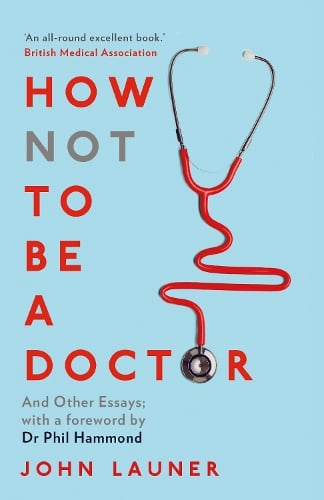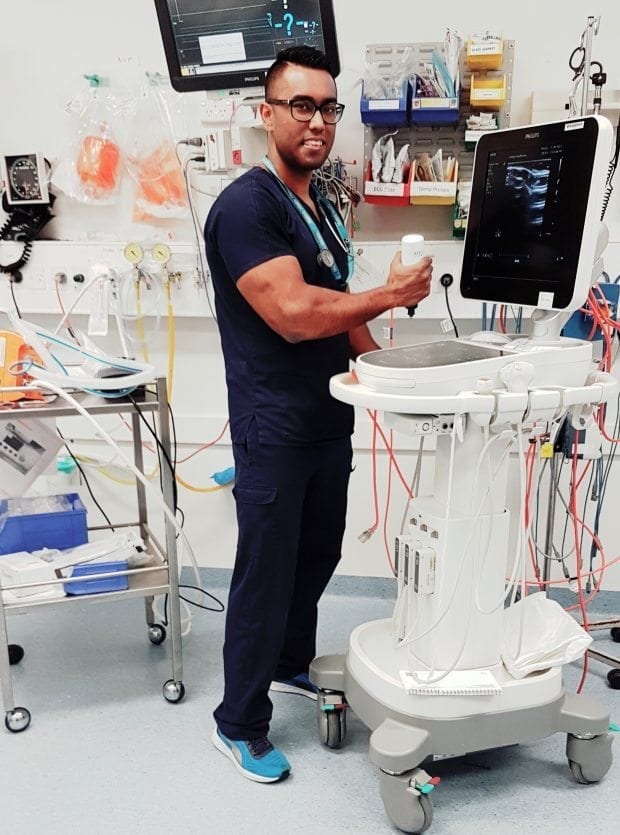Becoming a doctor is a long and challenging journey that requires a significant amount of dedication, hard work, and sacrifice. It is a profession that requires not only a strong academic foundation, but also a compassionate and empathetic nature, as well as the ability to handle high levels of stress and responsibility. However, for those who are willing to put in the effort, the rewards of becoming a doctor are numerous and deeply fulfilling.
The first step in becoming a doctor is to obtain a bachelor's degree in a science-related field. This typically includes taking courses in biology, chemistry, physics, and math, and serves as a foundation for the more specialized medical education that follows. After completing a bachelor's degree, aspiring doctors must then apply to and be accepted into medical school. This process is highly competitive, and requires a strong GPA, good scores on the Medical College Admission Test (MCAT), and often, clinical experience or other relevant extracurricular activities.
Once accepted into medical school, students begin a rigorous four-year program that includes both classroom-based learning and hands-on clinical experience. Medical school curricula typically cover a wide range of topics, including anatomy, physiology, pharmacology, pathology, and medical ethics, among others. In addition to formal coursework, medical students also gain practical experience by working with patients in clinical rotations at hospitals and other healthcare facilities.
After completing medical school, new doctors must then complete a residency program, which provides additional training in a specific medical specialty. Residency programs can last anywhere from three to seven years, depending on the specialty, and involve working under the supervision of experienced physicians while continuing to learn and develop skills.
Once a doctor has completed their residency, they are then eligible to become licensed and practice medicine independently. However, many doctors choose to continue their education and training by pursuing a fellowship, which allows them to specialize in a particular area of medicine such as oncology, cardiology, or neurology.
Becoming a doctor is not an easy path, and it requires a great deal of dedication and hard work. However, for those who are passionate about helping others and making a difference in the world, the rewards of this profession are immeasurable. As a doctor, you have the opportunity to make a lasting impact on the lives of your patients, and to be a source of hope and healing for those in need.







